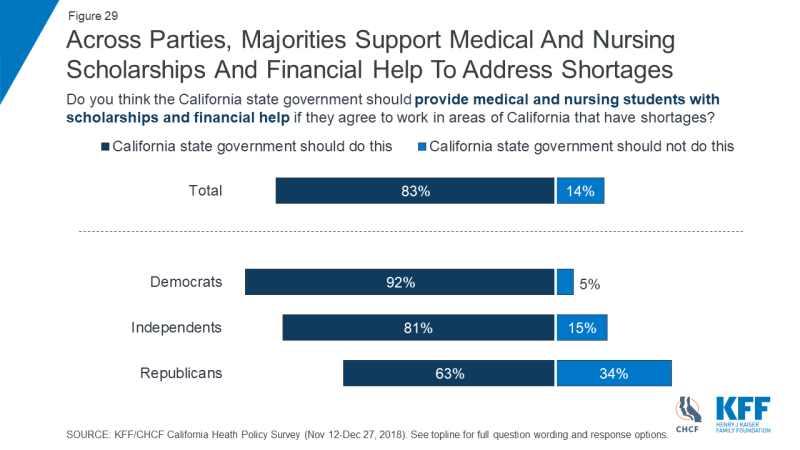The Health Care Priorities and Experiences of California Residents
Section 4: Access To Providers And Provider Shortages
About three-quarters (77 percent) of Californians say that “making sure there are enough doctors, nurses, and other health care providers across California” should be an important priority for the state government to address, including 38 percent who call it an “extremely important” priority. About a third of California residents say their community doesn’t have enough primary care doctors (35 percent) or specialists (33 percent) to serve the needs of local residents, and about a quarter (27 percent) say it doesn’t have enough hospitals. [Figure 24]
People who are Black or Hispanic, those with lower incomes, as well as those living in the San Joaquin Valley and the Inland Empire are more likely than their counterparts to say their community lacks adequate numbers of providers. [Figure 25, Figure 26, and Figure 27] These responses are in line with data showing the distribution of both primary and specialty care providers is uneven across the state.1
In addition, waiting times for appointments are an issue for some residents, particularly those with lower incomes and those with Medi-Cal coverage. Nearly a quarter (23 percent) of all state residents say there was a time in the past year when they had to wait longer than they thought was reasonable for an appointment for medical care, rising to 33 percent of those with Medi-Cal coverage. [Figure 28]
There is broad support (including across parties) for the state government providing medical and nursing students with scholarships and financial help if they agree to work in areas of the state with provider shortages. [Figure 29]
Figure 24
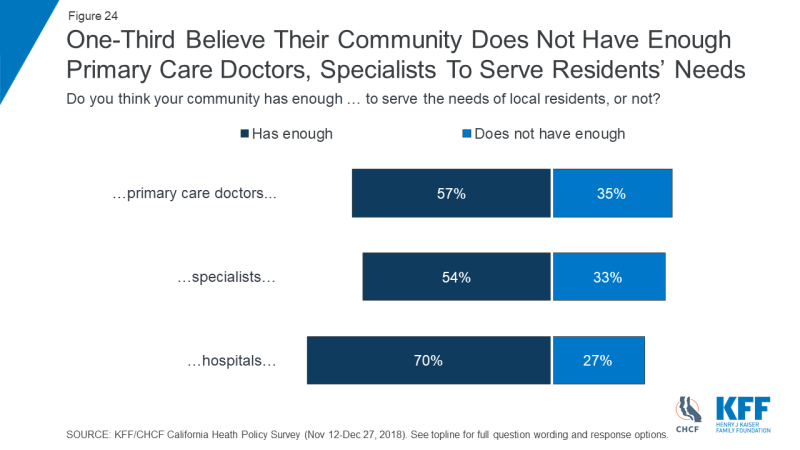
Figure 24: One-Third Believe Their Community Does Not Have Enough Primary Care Doctors, Specialists To Serve Residents’ Needs
Figure 25
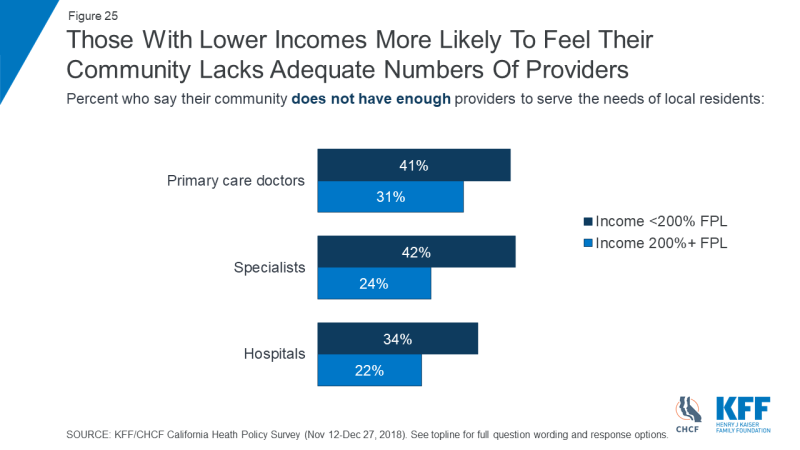
Figure 25: Those With Lower Incomes More Likely To Feel Their Community Lacks Adequate Numbers Of Providers
Figure 26
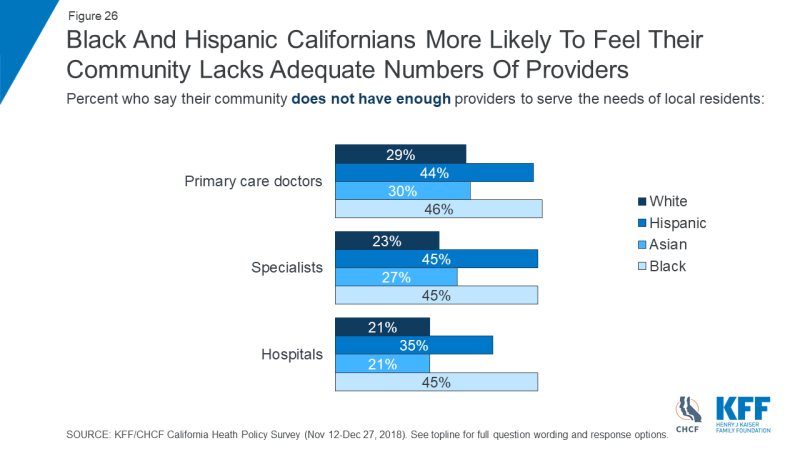
Figure 26: Black And Hispanic Californians More Likely To Feel Their Community Lacks Adequate Numbers Of Providers
Figure 27
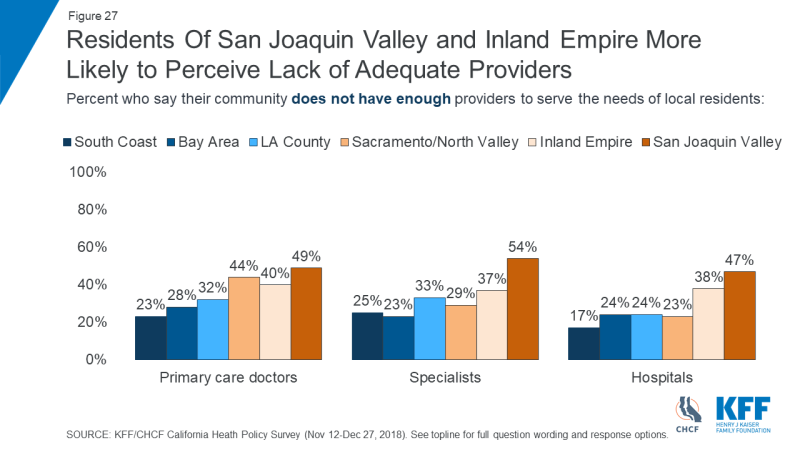
Figure 27: Residents Of San Joaquin Valley and Inland Empire More Likely to Perceive Lack of Adequate Providers
Figure 28
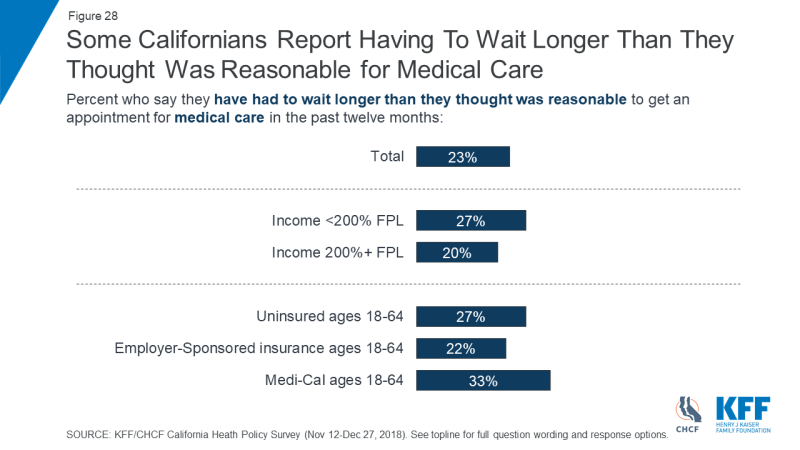
Figure 28: Some Californians Report Having To Wait Longer Than They Thought Was Reasonable for Medical Care

